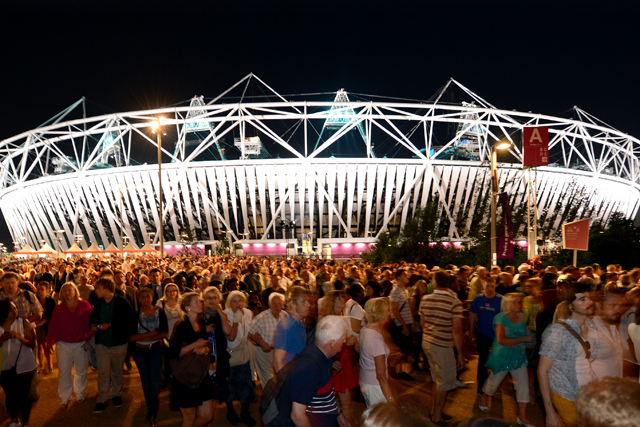
Exclusive research by Ebiquity, commissioned by Marketing, has revealed that Unilever, Nestlé and MasterCard are among those to have opted not to try to oppose their rivals and Olympic sponsors Procter & Gamble, Cadbury and Visa in the marketing stakes, and are, in effect, sitting out the Games.
Over the 12 weeks to 15 July, compared with the same period in 2011, an analysis of the adspend of brands competing with sponsor rivals revealed it is down overall by 6%. The figures refer to TV and print advertising spend.
Unilever spent £12m less this year, with TV spend down from £38m to £26m. Nestlé’s confectionery spend fell by more than half, from £4m to £2m, while MasterCard spent just £67,000, a 91% drop.
Travel brand Thomson, which competes with London 2012 official accommodation provider Thomas Cook, also cut spend by 23%, to £2.5m.
Exceptions to this trend include brands that have a connection to sport. Nike, for example, which started its ‘Make it count’ campaign in January, ploughed £1m into ads over the period, compared with just £530,000 last year.
Similarly, British Gas, a long-time sponsor of British swimming, has also increased spend by almost £2m.
The utilities brand kicked off a campaign earlier in the year which highlighted its swimming sponsorship, featuring medal hopes Rebecca Adlington and Keri-Anne Payne.
This campaign has since been edited to remove the swimmers to comply with the Olympic ‘marketing blackout’.
Virgin Media is another brand that increased spend in the weeks leading up to the Games, with investment in TV and print ads up 37%, from about £9m to more than £14m. The rival of tier-one partner BT has run several executions featuring celebrities such as Usain Bolt in its ‘Keep up’ campaign.
Ebiquity is a global media and marketing insight firm.




.jpg)
.jpeg)
